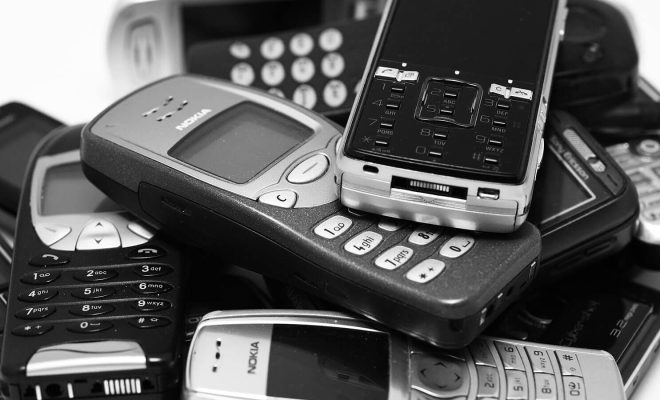Groundbreaking Firsts in Mobile Phone History

Since the advent of mobile phones, the world has seen a tremendous revolution in communication and the way we interact with our devices. Right from the first generation of mobile phones that redefined the concept of mobility, to the modern-day smartphones that have become an integral part of our daily lives, mobile technology has come a long way. Along this journey, several groundbreaking firsts have transformed the mobile industry, making it what it is today.
One of the earliest and most significant firsts was the advent of the first mobile phone. That happened in 1973 when Martin Cooper, a researcher in Motorola, designed and built the world’s first cell phone, known as the DynaTAC. The device weighed more than two pounds and carried a price tag of $3,995, but it laid the foundation for everything that followed and revamped the way we communicate.
Next up was the launch of the first smartphone, IBM Simon, by International Business Machines in 1993. This device was years ahead of its time, with features that we still find in our modern smartphones, including a touchscreen, email capabilities, and a built-in fax machine. The IBM Simon was a significant advancement in the history of mobile phones and marked a new chapter in mobile technology.
Fast forward to 2000, and we find ourselves witnessing the Global System for Mobile Communication (GSM) network become operational in several countries worldwide. The GSM network was the first-ever digital wireless communication network that allowed mobile phones to operate with a digital signal, unlike the analog signals that were used previously. The advent of the GSM network paved the way for faster communication, better audio quality, and reliable connectivity.
Another significant first in mobile phone history was the introduction of the first camera phone by Sharp Corporation in 2000. The device came with a 0.11-megapixel camera and was a significant leap forward in the evolution of mobile phones. Camera phones have since become a norm, with modern-day smartphones sporting high-end camera specifications that allow users to capture stunning visuals and record high-quality videos.
One cannot overlook the transformative impact of the iPhone, launched in 2007, in mobile phone history. Steve Jobs’ iPhone brought innovative design and technology to the smartphone market that has spawned countless imitations and trends till date. The iPhone redefined the smartphone, paving the way for highly sophisticated and versatile mobile devices that now dominate the market.






